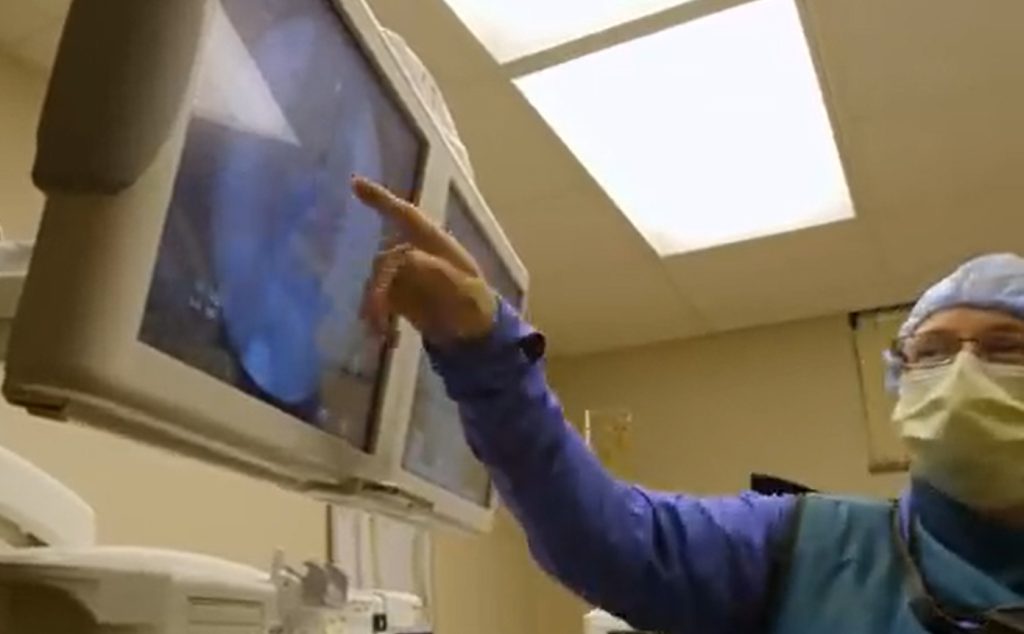
Over the course of my career that spans more than three decades, I have had the privilege of providing the highest quality of anesthesia care to thousands of patients. Often, our first conversation is the same. “You’re the person that is going to put me to sleep.” For additional context, I say, “No, I’m the person who is going to be with you while you sleep and wake you up after your procedure.”
As a practicing certified registered nurse anesthetist, or CRNA, I am with the patient before, during and after a procedure. It’s something I and the roughly 700 members of the Connecticut Association of Nurse Anesthesiology take extremely seriously. I can’t tell you how many hands I’ve held, family members I’ve spoken with and reassuring words I’ve shared. The number is infinite.
The profession itself dates to the Civil War, when CRNAs played a critical role in treating service members. That legacy lasts today and nurse anesthetists remain the primary providers of anesthesia care for U.S. military personnel. You’ll find many local CRNAs themselves are veterans, such as Katherine Marx who served more than two decades in the Air Force Reserve before retiring as a lieutenant colonel.
Other CRNAs followed different paths to find this profession. Lydia Lee-Villarreal was pregnant when the anesthesiologist in her delivery room said if he were to do it all over again, he would have become a nurse anesthetist. After undergoing the intense education and experience required to become a CRNA, Lydia found her true professional passion, which as a member of the Eastern Connecticut Symphony Orchestra, is only rivaled by her love of the violin.
Mirna Rodriguez graduated from Fairfield University in 2023 and joined the profession eager to help fill in the gap for the roughly 12% of Connecticut residents who primarily speak Spanish. Mirna, who is bilingual, helps Spanish speaking patients navigate the period before, during and after their procedure, ensuring they receive the same amount of attention, care and advocacy as English speakers.
This legislative session, we are asking lawmakers to keep the stories of CRNAs like Marx, Lee-Villarreal, and Rodriguez in mind as they navigate potential changes to our profession’s scope of practice. As management experts, CRNAs should be able to practice to the full extent of their academic and clinical training. This change would result in decreased wait times and improved access to quality care while maintaining patient safety.
CRNAs take care of people at their most vulnerable times. It is time for Connecticut to acknowledge the critical work CRNAs perform every day and grant them full scope of practice.
Nancy Moriber is President of the Connecticut Association of Nurse Anesthesiology.
